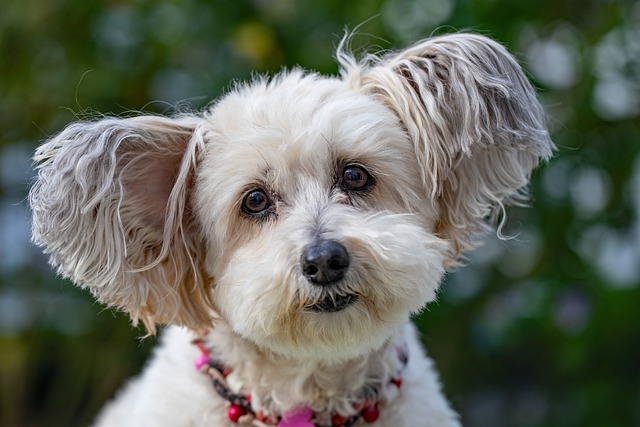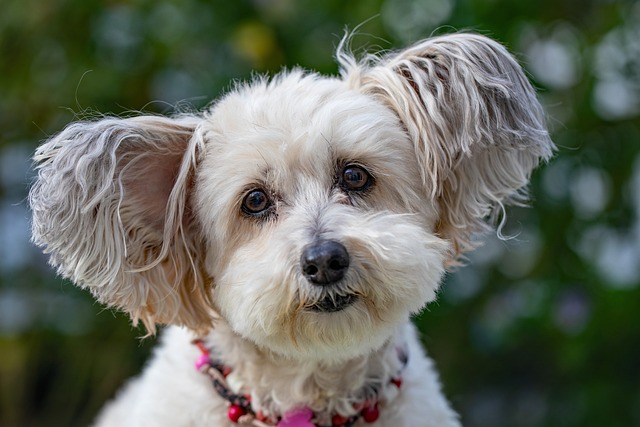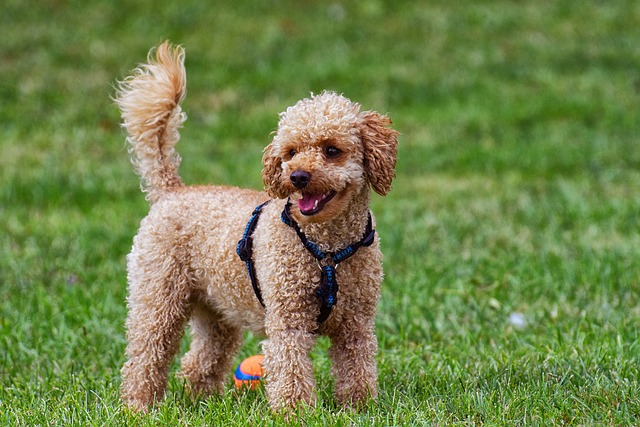
Is it dangerous for a dog to have respiratory disease?
Respiratory issues in dogs can range from mild sneezing fits after sniffing dusty grass to severe, life - threatening infections—and knowing the difference is key for every pet owner.
Finding loose, watery stool in your dog’s crate or scattered around the house is stressful—especially when you’re not sure how to fix it. Many new U.S. dog owners wonder if probiotics can ease their pup’s diarrhea, and the answer is often yes—but it depends on the cause, and they’re not a quick fix for every case. Probiotics are a go-to for vets in specific scenarios, but understanding how they work and when to use them is key to helping your dog feel better.
Diarrhea in dogs often stems from an imbalance in the gut microbiome—the mix of good and bad bacteria in their digestive tract. This imbalance can happen from antibiotics (which kill both good and bad bacteria), a sudden diet change, stress, or mild food sensitivities. Probiotics work by introducing more good bacteria to crowd out the harmful ones, firming up stool and calming inflammation. My neighbor’s puppy, Milo, got diarrhea after switching kibble too fast; her vet recommended a probiotic, and his stool was back to normal in 3 days. But if diarrhea is from something serious like parasites or poisoning, probiotics alone won’t help—you need a vet’s diagnosis first.
If your dog has mild, non-bloody diarrhea (and no other symptoms like vomiting or lethargy), start by consulting your vet to rule out severe issues. They’ll suggest a dog-specific probiotic with strains like Lactobacillus acidophilus or Bifidobacterium animalis—human probiotics are too weak or contain unsuitable strains. Introduce it slowly: mix half the recommended dose into their food for 2 days, then increase to the full amount to avoid gas. For apartment dogs, who often get stressed from hallway noise or new roommates, pairing probiotics with a consistent routine (same feeding times, daily short walks) can prevent stress-induced diarrhea from coming back.

Never use probiotics as a replacement for vet care if diarrhea lasts more than 24 hours or is severe. Also, remember that behavioral issues (like chewing or barking) aren’t fixed by probiotics—use positive reinforcement (treats for good behavior) instead of punishment, which is against animal welfare norms in the U.S. and EU.
Before taking your dog outside while they’re recovering, confirm their vaccines are up to date—all U.S. states require rabies shots, and core vaccines like distemper are mandatory. Always carry extra poop bags too: cleaning up loose stool immediately in public or apartment areas isn’t just polite; it’s required by law in most cities (fines can hit $250 in places like Chicago) and prevents the spread of germs.
Probiotics can be a lifesaver for mild diarrhea, but they work best with vet guidance. With the right approach, your pup will be back to their playful self in no time.

Respiratory issues in dogs can range from mild sneezing fits after sniffing dusty grass to severe, life - threatening infections—and knowing the difference is key for every pet owner.

You’ve seen your dog seek out the cool tile floor on a hot summer day, sprawled out to escape the heat. It makes you wonder if those advertised

Watching your loyal companion slow down as they enter their golden years can feel bittersweet, but with the right care

Coming home to a dog that’s muddy, shedding, or smells like wet grass can make even the coziest home feel messy.

Watching your once-energetic pup slow down as they age can make you wonder if their food is still meeting their needs.

Dog scratching nonstop, licking their paws raw, or developing red, bumpy patches often signals allergic skin disease—common triggers include pollen, dust mites, or even certain proteins in their food.